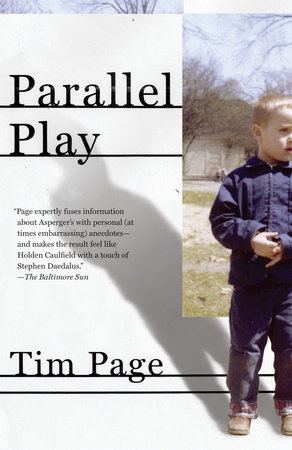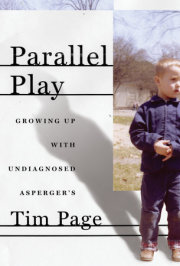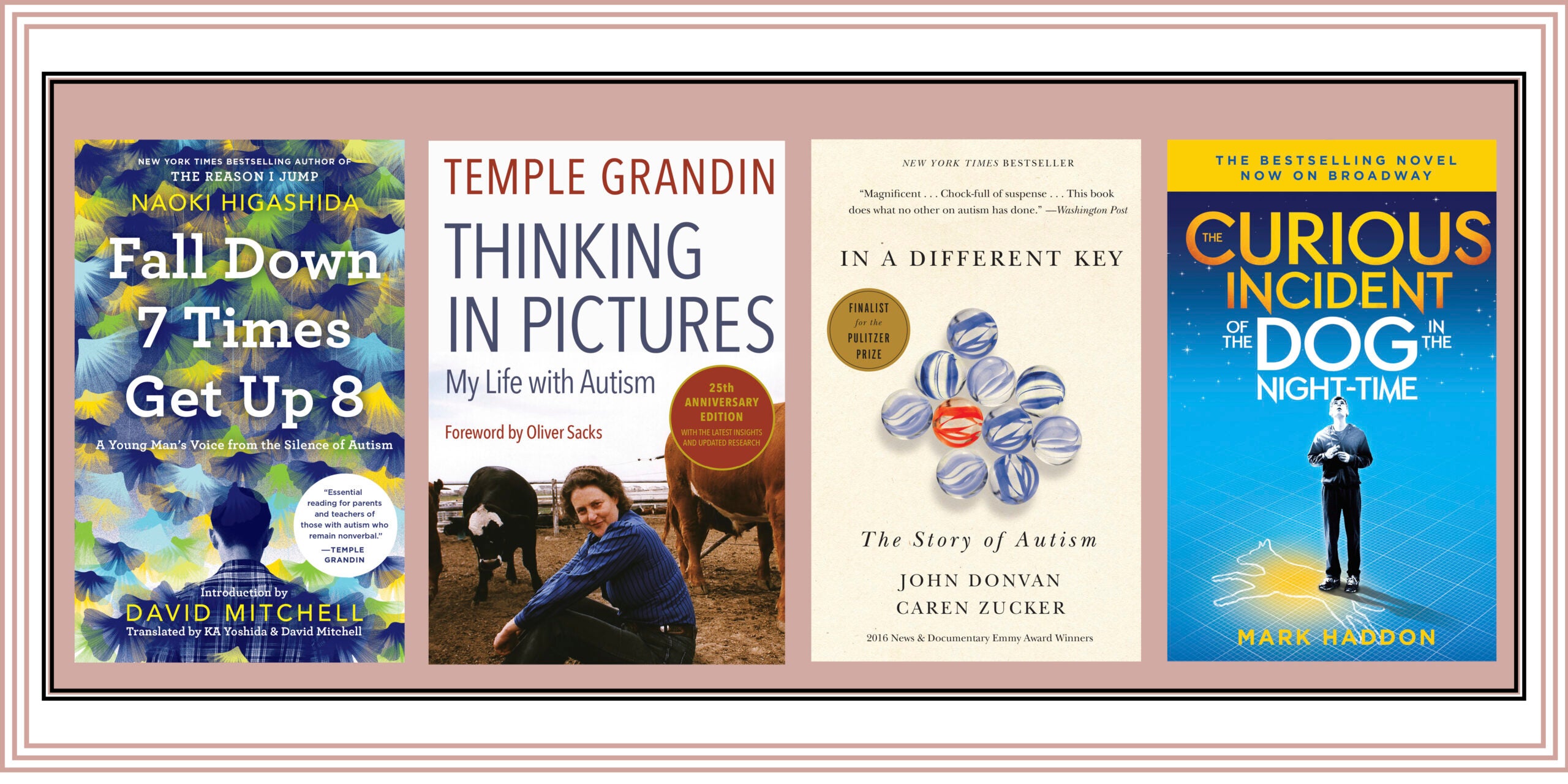PROLOGUE
My second- grade teacher never liked me much, and one assignment I turned in annoyed her so extravagantly that the red pencil with which she scrawled "See me!" broke through the lined paper. Our class had been asked to write about a recent field trip, and, as was so often the case in those days, I had noticed the wrong things:
Well, we went to Boston, Massachusetts through the town of Warrenville, Connecticut on Route 44A. It was very pretty and there was a church that reminded me of pictures of Russia from our book that is published by Time- Life. We arrived in Boston at 9:17. At 11 we went on a big tour of Boston on Gray Line 43, made by the Superior Bus Company like School Bus Six, which goes down Hunting Lodge Road where Maria lives and then on to Separatist Road and then to South Eagleville before it comes to our school. We saw lots of good things like the Boston Massacre site. The tour ended at 1:05. Before I knew it we were going home. We went through Warrenville again but it was too dark to see much. A few days later it was Easter. We got a cuckoo clock.
It is an unconventional but hardly unobservant report. In truth, I cared not one bit about Boston on that windy spring day in 1963. Instead, I wanted to learn about Warrenville, a village a few miles northeast of the township of Mansfield, Connecticut, where my family was then living. I had memorized the map of Mansfield—available for one dollar from our municipal office—and knew all the school- bus routes by heart, a litany I sang out to anybody I could corner. But Warrenville was in the township of Ashford, for which I had no guide, and I remember my blissful sense of resolution when I verified that Route 44A crossed Route 89 in the town center, for I had long hypothesized that they might meet there. Of such joys and pains was my childhood composed.
I received a grade of "Unsatisfactory" in Social Development from the Mansfield Public Schools that year. I did not work to the best of my ability, did not show neatness and care in assignments, did not cooperate with the group, and did not exercise self-control. About the only positive assessment was that I worked well independently. Of course. Then as now, it was all that I could do.
In the years since the phrase became a cliché, I have received any number of compliments for my supposed ability to "think outside the box." Actually, it has been a struggle for me to perceive just what these "boxes" were—why they were there, why other people regarded them as important, where their borderlines might be, how to live safely within and without them. My efforts have only partly succeeded; at the age of fifty- three, I am left with the melancholy sensation that my life has been spent in a perpetual state of parallel play, alongside, but distinctly apart from, the rest of humanity.
From early childhood, my memory was so acute and my wit so bleak that I was described as a genius—by my parents, by neighbors, and even, on occasion, by the same teachers who handed me failing marks. I wrapped myself in this mantle, of course, as a poetic justification for behavior that might otherwise have been judged unhinged, and I did my best to believe in it. But the explanation made no sense. A genius at
what? Were other "geniuses" so oblivious that they needed mnemonic devices to tell right from left, and idly wet their pants into adolescence? What accounted for my rages and frustrations, for the imperious contempt I showed to people who were in a position to do me harm? Although I delighted in younger children, whom I could instruct and gently dominate, and exulted when I ran across an adult who was willing to discuss my pet subjects, I could establish no connection with most of my classmates. My pervasive childhood memory is an excruciating awareness of my own strangeness.
And so, between the ages of seven and fifteen, I was given glucose-tolerance tests, anti-seizure medications, electroencephalograms, and an occasional Mogadon tablet to shut me down at night. I suffered through a summer of Bible camp; exercise regimens were begun and abandoned; the school brought in its own psychiatrist to grill me once a week. Somehow, every June, I was promoted to the next grade, having accomplished little to deserve it. Meanwhile, the more kindly teachers, recognizing that I would be tormented on the playground, permitted me to spend recess periods indoors, where I memorized vast portions of the 1961 edition of the
World Book Encyclopedia simply by skimming through its volumes.
A brown carton in my basement contains most of the surviving documents of my elementary-school years, and they present a pretty fair portrait of my preteen obsessions. There are intricately detailed street maps of make- believe cities on which I worked silently for hours; countless crayon drawings of grinning girls with shoulder- length hair and U-shaped smiles, their stick figures fleshed out only by exaggerated biceps; obituaries of Sophie Tucker, Edward R. Murrow, and David O. Selznick torn from the
Hartford Courant and pasted sloppily into a scrapbook; any number of meandering and implausible stories, none of them with happy endings.
In my darker moods, I think that the rest of my life can be quickly summarized: I grew up and into other preoccupations, some of which served me well, without ever managing to admit the full tide of human experience.
I was told that I had Asperger' s syndrome in the fall of 2000, as part of what had become a protracted effort to identify—and, if possible, alleviate—my lifelong unease. I had never heard of the condition, which had been recognized by the American Psychiatric Association only six years earlier. Nevertheless, the diagnosis was one of those rare clinical confirmations met mostly with relief. Here, finally, was an objective explanation for some of my strengths and weaknesses, the simultaneous capacity for unbroken work and all-encompassing recall, linked inextricably to a driven, uncomfortable personality. And I learned that there were others like me—people who yearned for steady routines, repeated patterns, and a few cherished subjects, the driftwood that keeps us afloat.
The syndrome was identified, in 1944, by Hans Asperger, a Viennese pediatrician, who wrote, "For success in science or art, a dash of autism is essential." In
Asperger's Syndrome: A Guide for Parents and Professionals, Tony Attwood observed, "The person with Asperger's syndrome has no distinguishing physical features but is primarily viewed by other people as different because of their unusual quality of social behavior and conversation skills. For example, a woman with Asperger's syndrome described how as a child she saw people moving into the house up the street, ran up to one of the new kids and, instead of the conventional greeting and request of 'Hi, you want to play?,' proclaimed, 'Nine times nine is equal to 81.' "
David Mamet, in his book
Bambi vs. Godzilla, discerned redeeming qualities in the condition. Considering filmmakers past and present, he stated that "it is not impossible that Asperger's syndrome helped make the movies. The symptoms of this developmental disorder include early precocity, a great ability to maintain masses of information, a lack of ability to mix with groups in age- appropriate ways, ignorance of or indifference to social norms, high intelligence, and difficulty with transitions, married to a preternatural ability to concentrate on the minutia of the task at hand."
The Asperger's spectrum ranges from people barely more abstracted than a stereotypical " absent-minded professor" to the full-blown, albeit highly functioning, autistic. Symptoms of Asperger's have been attributed ex post facto to renowned and successful individuals, but these are the fortunate ones—persons able to invent outlets for their ever-cresting monomanias. Many are not so lucky, and end up institutionalized, homeless, or merely miserable and alone. And yet for some—record collectors with every catalog number at hand, theater buffs with first-night casts memorized, children who draw precise architectural blueprints of nineteenth-century silk mills—a cluster of facts can be both luminous and lyric, something around which to construct a life.
We are informally referred to as "Aspies," and if we are not very, very good at something we tend to do it very poorly. Little comes naturally—except for whatever random, inexplicable, and often uncontrollable gifts we may have—and, even more than most children, we assemble our personalities unevenly, in bits and pieces, almost robotically, from models we admire. (I remember the deliberate decision to appropriate one teacher's mischievous grin and darting eyes, which I found so charming that I thought they might work for me, too.) A lot of Aspies share certain interests—film, music, electronics, maps, mathematics, history—and we tend to get along instantly if those interests coincide. Yet we are not always natural companions; if, say, you introduce an Aspie devotee of antique piano recordings to one whose passion is vacuum cleaners, chances are that the meeting will result in two uncomprehending and increasingly agitated monologues.
So preoccupied are we with our inner imperatives that the outer world may overwhelm and confuse. What anguished pity I used to feel for piñatas at birthday parties, those papier-mâché donkeys with their amiable smiles about to be shattered by little brutes with bats! On at least one occasion, I begged for a stay of execution and eventually had to be taken home, hysterical, convinced that I had just witnessed the braining of a new and sympathetic acquaintance.
Caring for inanimate objects came easily. Learning to make connections with people—much as I desperately wanted to—was a bewildering process, for they kept
changing, and I felt like an alien, always about to be exposed. Or, to adapt another hoary but useful analogy, not only did I not see the forest for the trees; I was so intensely distracted that I missed the trees for the species of lichen on their bark.
The author and neurologist Oliver Sacks distinguishes between full- fledged autism and Asperger's syndrome. In
The New Yorker some years ago, Sacks wrote that "people with Asperger's syndrome can tell us of their experiences, their inner feelings and states, whereas those with classical autism cannot. With classical autism there is no 'window,' and we can only infer. With Asperger's syndrome there is self-consciousness and at least some power to introspect and report."
And so what follows—the story of my childhood—may be counted as one person's attempt at a "window," and I will do my best to keep the report as honest as I can. This necessarily includes the fact that I was a glum little atheist at a precocious age, who would only later discern spiritual traces in music, books, films, good company, and an occasional October afternoon. But I can't soften what I felt at the time, for telling the truth about my life seems to me not only the moral imperative of this book but its sole excuse. I'm not going to put undue stress on my Asperger's syndrome; it will be there, but not front and center, in part because that was only one element of what made me, and in part because I had no idea what it was until I was forty- five. Nor do I possess the qualifications to write one of those "how to cope" books: I wish I had some universal wisdom to impart to readers with Asperger's but I'm still struggling myself, and I expect my struggle to continue until the day I die. All I can offer is a personal chronicle—and sometimes it will be very personal indeed, to a degree that I would have found excruciating when I was younger. So be it: I am now in my mid-fifties, far closer to the end than to the beginning, and I can only be embarrassed for so long.
Copyright © 2009 by Tim Page. All rights reserved. No part of this excerpt may be reproduced or reprinted without permission in writing from the publisher.





